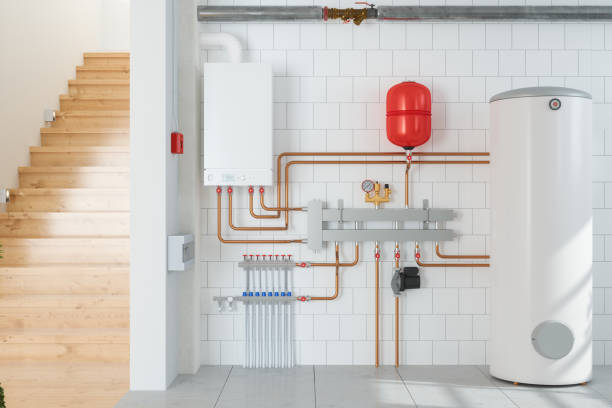
For first-time homebuyers, the process of purchasing a new home can be both exciting and overwhelming. Among the many factors to consider, the electrical system is a critical aspect that should not be overlooked. Understanding the electrical components of a home is vital for ensuring safety, functionality, and comfort in your new abode.
Modern homes are powered by intricate electrical systems that provide energy for various appliances, lighting, heating, and cooling systems. It can be overwhelming and you might not know where to start, but a company like Acas Electrical provides electrical supplies and equipment such as cables, lighting, fans, tools, switches and sockets all in one place, making it easier for the buyer. In this article we’ll provide a comprehensive overview of the key elements related to electrics in a home for first-time buyers
First things first, the electrical panel, also known as the breaker box or distribution board, is the hub of your home’s electrical system. It receives electricity from the utility company and distributes it to different circuits throughout the house. Make sure the panel is up to code, has sufficient capacity for your needs, and is labeled clearly for easy identification of circuit breakers.
Circuit breakers protect your home from electrical overloads and short circuits by automatically cutting off power to a circuit when an issue is detected. Familiarize yourself with the circuit breaker locations and understand how to reset them if they trip.
Electrical wiring carries electricity from the panel to outlets, switches, and fixtures. Homes built before the 1970s might have outdated knob-and-tube wiring or aluminum wiring, which can pose safety hazards. Copper wiring is the standard choice in modern homes due to its reliability and safety.
Check the number and placement of electrical outlets and switches in each room. Make sure there are enough outlets to accommodate your appliances and devices. Additionally, Ground Fault Circuit Interrupter (GFCI) outlets should be installed in areas prone to moisture, such as kitchens and bathrooms, to prevent electrical shock.

Assess the lighting fixtures in each room. Consider whether they meet your preferences for both aesthetics and functionality. Energy-efficient options like LED bulbs can help reduce electricity consumption and lower utility bills.
Some appliances, such as air conditioners, stoves, and dryers, require dedicated circuits to handle their power demands. Check if these specialized circuits are present and functioning properly. A home’s electrical system must adhere to safety regulations to prevent potential hazards. Ensure that smoke detectors are installed on every floor, and carbon monoxide detectors are placed near sleeping areas. Additionally, an arc fault circuit interrupter (AFCI) can provide protection against electrical fires by detecting hazardous arcs.
If you’re considering purchasing an older home, you might need to invest in electrical upgrades to meet modern standards. Consulting a licensed electrician to perform a thorough inspection can provide insights into necessary improvements.
Look for energy-efficient features such as ENERGY STAR-rated appliances and smart thermostats. These upgrades can help you save on energy bills and contribute to a more sustainable living environment.
Educate yourself on basic electrical safety practices, such as not overloading outlets, avoiding the use of damaged cords, and unplugging appliances when not in use. Regularly check for signs of wear and tear in cords, outlets, and switches.
So, when buying a home as a first-time buyer, understanding the electrical systems is crucial for ensuring safety and functionality. Take the time to familiarize yourself with the electrical panel, wiring, outlets, switches, and safety features. If you have any doubts about the condition of the electrical system, it’s advisable to seek the expertise of a licensed electrician. A well-maintained and up-to-date electrical system will provide you with peace of mind and contribute to a comfortable and safe living environment.
Published by HOLR Magazine.


